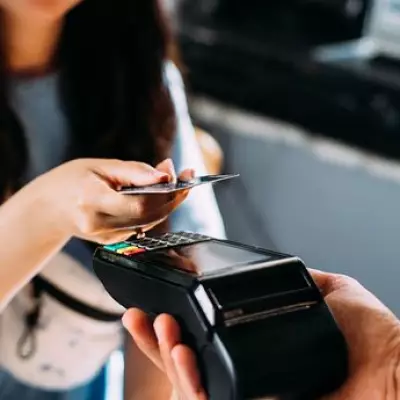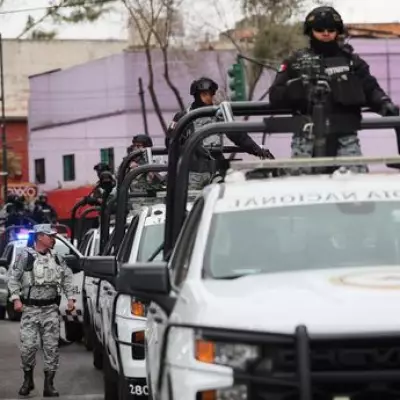
In what experts are calling a spectacular policy failure, Australia's hardline war against smokers has inadvertently created a golden age for criminal syndicates and tobacco smugglers. The country's world-leading tobacco taxes, designed to price citizens out of smoking, have instead spawned a multi-billion dollar black market that's proving impossible to control.
The Price of Prevention
Australia's approach to smoking cessation has been nothing short of radical. With cigarette packs now costing upwards of £30 and plain packaging laws in full effect, the government believed it had created the ultimate deterrent. However, this aggressive pricing strategy has yielded unexpected consequences that are now haunting Australian authorities.
The Smuggling Epidemic
Customs and border protection agencies are reporting unprecedented levels of tobacco smuggling operations. Organised crime groups are exploiting the massive price differential between Australia and neighbouring countries, where the same cigarette packs can be purchased for a fraction of the cost.
The numbers tell a sobering story:
- Illicit tobacco now accounts for nearly 25% of all tobacco consumed in Australia
- Customs seizures have increased by over 300% in the past three years
- Criminal networks are generating profits comparable to drug trafficking operations
- Lost tax revenue exceeds £2 billion annually
Border Control Overwhelmed
Frontline officers are struggling to contain the flood of illicit tobacco entering the country. Smugglers have become increasingly sophisticated, using everything from commercial shipping containers to light aircraft and even submarines to bypass border security.
"We're seeing levels of organisation and sophistication that rival international drug cartels," revealed a senior customs official who spoke on condition of anonymity. "The profit margins are so enormous that criminals are willing to take extraordinary risks."
The Consumer Perspective
For everyday Australians, the thriving black market has become an open secret. Social media platforms and encrypted messaging apps have become virtual marketplaces where illicit tobacco is bought and sold with minimal concern for legal consequences.
"When legitimate cigarettes cost over £30 a pack but you can buy the same thing for £8 on the black market, the choice becomes obvious for many people," explained Dr. Sarah Chen, a public policy analyst at the University of Sydney.
Policy Makers Face Tough Questions
The situation has sparked intense debate among health experts and policy makers. While the original intention behind the aggressive taxation was noble – to reduce smoking-related deaths and healthcare costs – the unintended consequences are now impossible to ignore.
- Has the pricing strategy reached a point of diminishing returns?
- Are the health benefits being undermined by unregulated products?
- Could alternative approaches yield better results?
Public health officials remain divided, with some advocating for even stricter measures while others call for a fundamental rethink of Australia's anti-smoking strategy.
International Implications
Other nations considering similar tobacco control measures are watching Australia's experience closely. The UK, Canada, and New Zealand had all looked to Australia as a model for tobacco control, but the smuggling epidemic serves as a cautionary tale about the law of unintended consequences.
As one international health official noted: "Australia has shown us what's possible in tobacco control, but also what can go wrong when policy moves too far ahead of practical reality."
The ultimate irony? While smoking rates have declined among law-abiding citizens, the criminal element has never been more prosperous. Australia's war on smokers appears to have created the very conditions that guarantee smugglers will keep winning.






